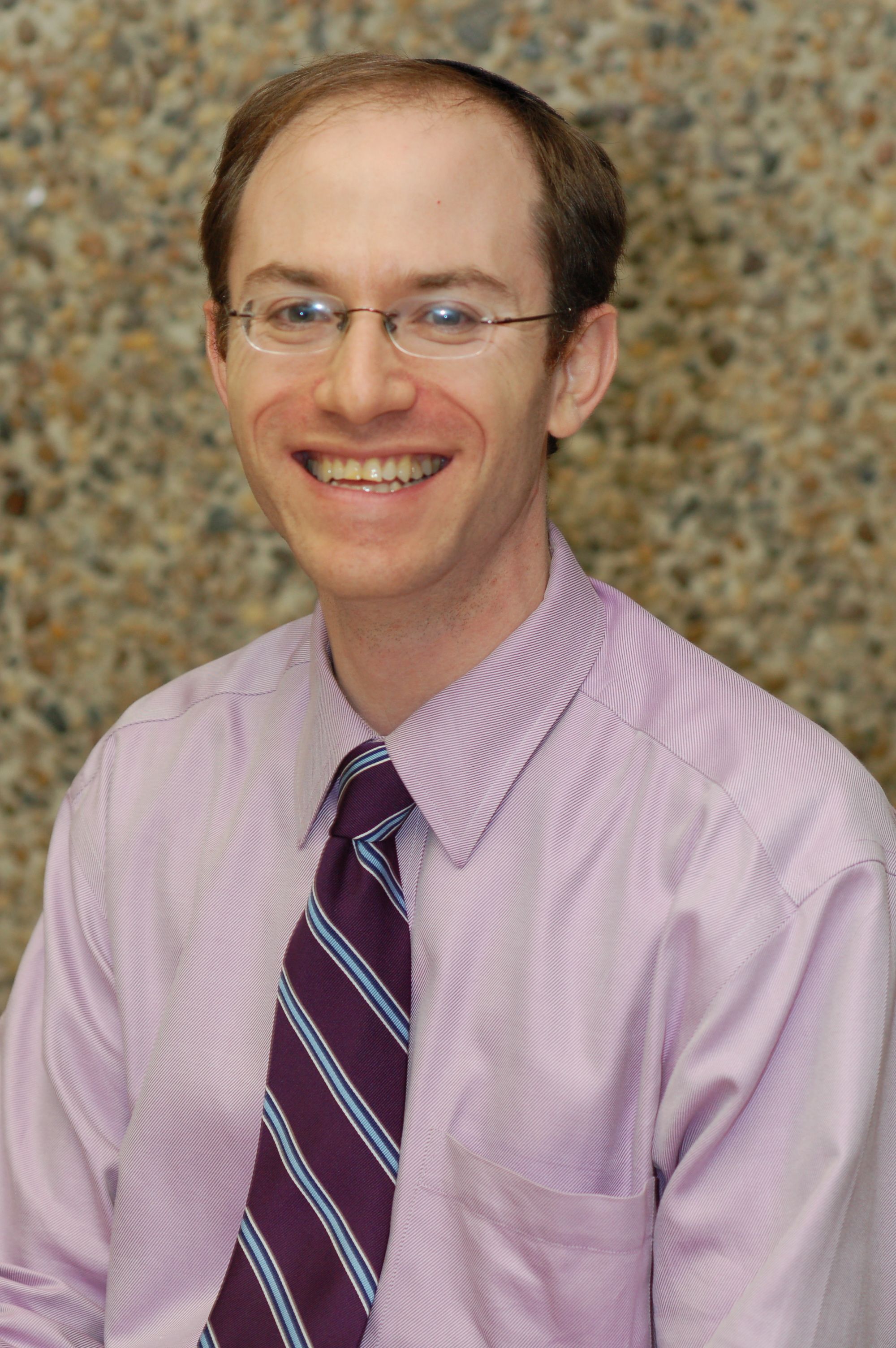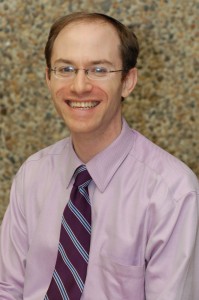Rabbi Elie Kaunfer
What if the “margins of the community” cannot, in fact, be nurtured “to grow into a great renaissance of American Jewish life” (as you suggest on p. 7)? I have come more and more to think that the contributions of the margins (which I would include myself among) will make impacts that are not strong in terms of numbers, but perhaps in terms of models or values. That is, it is a form of a counter-culture, which by nature will never eclipse the culture. Perhaps some of the language or attitude may spill over into the larger culture (like the impact of independent minyanim on the way cantors and rabbis at established synagogues perform prayer). But the margins will likely, in my opinion, never move to the center. So I think that has an impact in imagining how to define success. Success may not be, as termed throughout the chapter, for established organizations “to attract Generation X” (p, 19), or “to engage younger Jews in new ways” (p. 23). Maybe it is about putting out a strong vision of what Jewish life could be, even knowing full well it will never appeal to the majority of Jews, covenantal, tribal or otherwise.
Related: I wonder about constructing a narrative that is based on attracting the proverbial “Bill” to Jewish life. I am not sure that there are too many Bills out there who really move from the periphery to the engaged simply by a service trip or experience. That experience may motivate him and inspire him, it may change his attitude, but will it really change his behavior? I think that is the challenge of the Birthright success – it changes attitudes and marrying behavior, but does not prepare people to be “a pillar of the Jewish community for the rest of his life.” So what would need to change from an educational standpoint to try to make this happen? In other words – you are dealing with a question of literacy training for an adult. That goes beyond information, as you point out, but also requires models – models of Jewish living and practice. I think that is part of the theory of Base Hillel (although Avram Mlotek could say more about that).
I also wonder what it means that the rabbis in training now are by and large people who have gone through transformational experiences – typically from unengaged/alienated to devoting their career to Jewish learning and living. This is of course wonderful on an individual level, but it should not be mistaken for a normal or typical pathway. The Pew study points out that only 4% of Jews become more religious in their lifetime. But if 80-90%of liberal rabbis have become more religious, then they represent a very, very small minority of the larger population. How does this not lead to another version of the paradox of “Rabbis have the answers to questions no one is asking” rephrased as: “Rabbis believe in the power of a religious journey that no one else is taking – or should be expected to take”?
Finally, I wonder about the framing of covenantal Jews. I agree that they exist as you define them in the chapter (although they and others might chafe at the term you chose). But at the point where Judaism departs from their values, do they retain any value to Judaism? In other words – is the goal to engage this subgroup of Jews in order to show them that Judaism agrees with their foregone conclusions, or could Judaism (should Judaism) serve as a counter balance to the established conventional wisdom of the political left (as you define them here). I think of a recent Facebook question in which someone asks what Jewish sources could be mustered to support parental leave. No doubt one could find something, and I am a big proponent of generous parental leave, but the point is that Jewish wisdom served up as justification for an idea people already hold may leave its value a bit low. To what extent might the Jewish wisdom you write about challenge us rather than support us, and are we connected enough to Judaism to hear those challenges without running for the exits every time our tradition says something we disagree with?
___________________
Rabbi Elie Kaunfer is co-founder and executive director of Mechon Hadar. Elie has previously worked as a journalist, banker, and corporate fraud investigator. He completed his doctorate in liturgy at the Jewish Theological Seminary and is a co-founder of the independent minyan Kehilat Hadar. He was selected as an inaugural AVI CHAI Fellow and is the author of Empowered Judaism: What Independent Minyanim Can Teach Us about Building Vibrant Jewish Communities (Jewish Lights, 2010).



